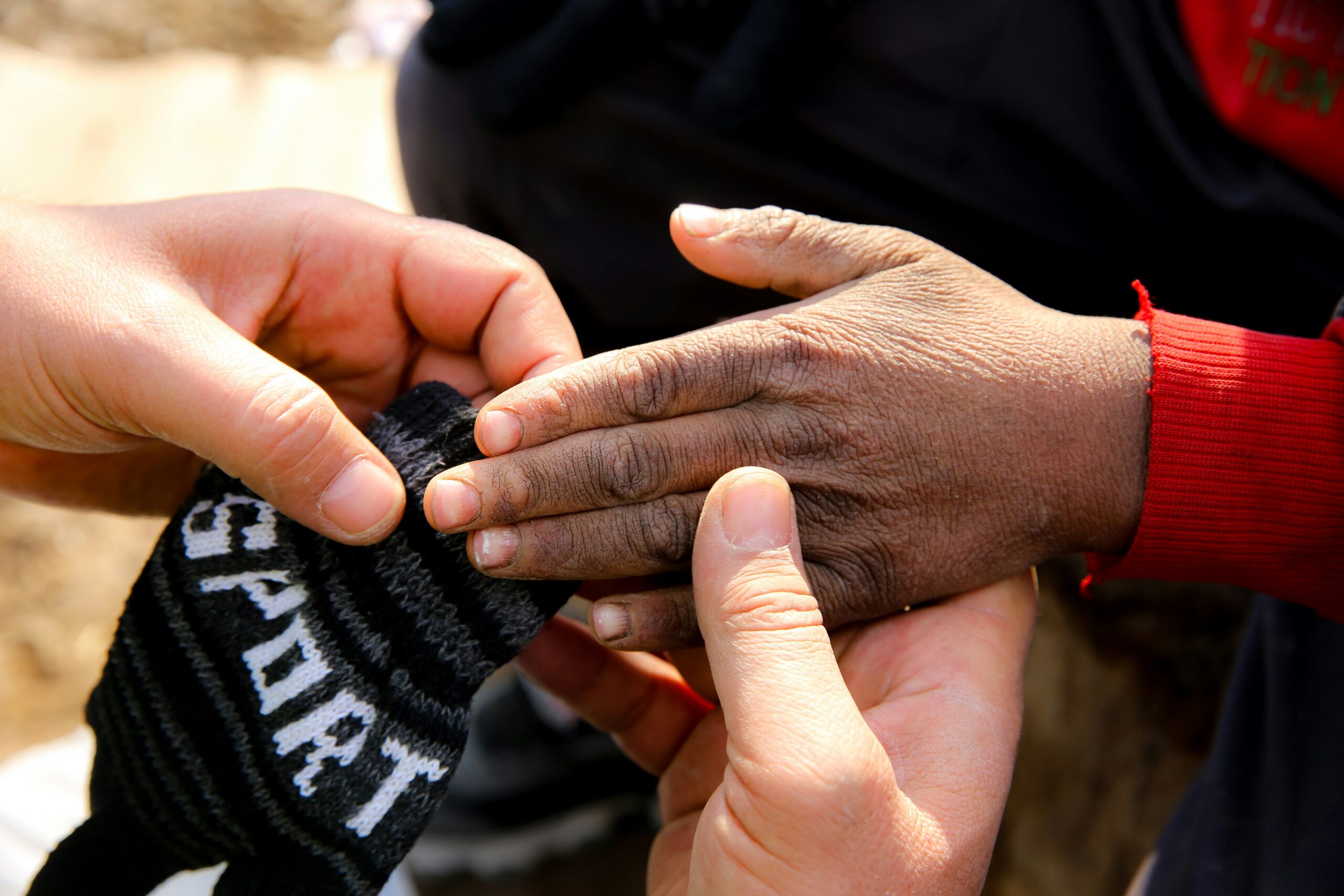Crisis Therapy: Help When You Need It Most
Sometimes, life feels too hard. Big emotions, scary thoughts, or sudden events can make you feel out of control. That’s when crisis therapy can help. It gives fast support to people who are in pain, scared, or in danger. This kind of therapy is all about getting help right away, so you don’t have to face a crisis alone.
Let’s learn how crisis therapy works, who it helps, and what you can do if you or someone you love needs help now.

What Is Crisis Therapy?
Crisis therapy is a special kind of counseling that helps during tough times. It’s used when someone is feeling unsafe, having strong emotions, or facing a hard problem. It’s quick help for people in distress—like when someone is thinking about hurting themselves, feeling scared, or going through a sudden loss.
Crisis therapy gives people tools to manage their feelings, stay safe, and find the right support. The goal is to calm the mind, fix the problem step by step, and keep the person from getting worse.
Who Needs Crisis Therapy?
Anyone can go through a crisis. Some people need help because of:
Suicidal ideation (thinking about ending their life)
Big grief or loss
Domestic violence or abuse
Substance abuse or drinking too much alcohol
Fear of pregnancy or a tough health diagnosis
Feeling too much stress or anger
Being scared, confused, or hopeless
A big change, like losing a job or getting hurt
Trouble at school or with law enforcement
Young people, adults, and even medical professionals can all go through a crisis. Everyone’s mental and emotional health matters.
Signs Someone Might Be in Crisis
Some signs to watch for include:
Talking about death or wanting to die
Not sleeping or eating
Crying a lot
Not wanting to be around others
Hurting themselves
Acting out in violence or risky ways
Feeling very afraid or stuck
If you notice these behaviors, it’s important to get help. You are not alone, and crisis support is out there.

What Happens in Crisis Therapy?
In crisis therapy, a trained professional called a crisis counselor helps the person calm down and feel safe. They use tools like:
Active listening: Really hearing what the person says
Showing empathy: Being kind and understanding
Breathing exercises: To help with panic or fear
Problem solving: Taking small steps to fix the crisis
Crisis intervention: Acting fast to keep someone safe
Giving helpful information and resources
Helping the person connect with other programs or medical help
The counselor may also check for depression, thoughts of suicide, or danger from others.
Where Can You Find Crisis Therapy?
Help is easier to get now than ever before. You can find crisis therapy through:
Hotlines like the 988 Suicide & Crisis Lifeline
The Crisis Text Line (Text HOME to 741741)
Local health care providers
School counselors
Hospitals and emergency rooms
Mental health clinics
Law enforcement partners
Counseling centers that take Medicaid or insurance
Therapy can be in person, over the phone, or even by text or video. Many services are accessible 24/7 and don’t cost anything.
What Is Crisis Intervention?
Crisis intervention is fast action during a crisis. It’s like a first-aid kit for the mind. A crisis counselor or trained helper talks with the person and:
Makes sure they are safe
Helps them calm down
Finds out what’s wrong
Gives the right support or calls for more help
Makes a plan for next steps
Sometimes this means calling police or emergency services. Other times, it means staying on the phone until the person is okay.
Why Is Crisis Therapy Important?
When someone is in crisis, waiting can be dangerous. Getting help fast can:
Stop a person from hurting themselves
Prevent substance abuse or violence
Keep small problems from getting bigger
Help with stress management
Give people skills to feel better
Connect them to long-term therapy or medicine
It’s not just about stopping a bad thing—it’s about starting healing and hope.
Common Tools Used in Crisis Therapy
Crisis counselors use many helpful tools, including:
Mind and body relaxation
Coping strategies for big feelings
Exercise or movement
Support with medication and evaluation
Policy help like housing or safety planning
Support for pregnancy, disease, or health scares
Help with language if English is not your first language
Sharing facts from systematic reviews or research
They also help people feel heard and understood. That’s a big part of healing.
The Role of Law Enforcement and Medical Help
Sometimes, the crisis is too big to handle alone. That’s when law enforcement or medical professionals step in. They work with crisis teams to:
Keep people safe
Bring them to a safe place like a hospital
Make sure they are treated with empathy
Give medication if needed
Get long-term help set up
This partnership can save lives when seconds count.
What Happens After Crisis Therapy?
After the crisis is over, many people need more help. That can include:
Ongoing counseling or therapy
A new care program
Check-ins from a counselor
Help with food, housing, or money
Support with medication or health care
Learning coping tools and stress skills
Recovery takes time, but every step forward matters.

FAQs About Crisis Therapy
1. What should I do if someone talks about suicide?
Call 988 or take the person to a safe place like an ER. Never ignore the signs. They need help now.
2. Can kids and teens use crisis therapy?
Yes. Crisis services are for everyone, including children, teens, and families. Many school programs offer fast help.
3. Does crisis therapy cost money?
Many services are free, especially hotlines like 988 or text lines. Some clinics take Medicaid or insurance.
4. Can I get crisis help if I don’t speak English?
Yes. Many hotlines and clinics offer support in different languages. Just ask for a translator.
5. Is crisis therapy the same as regular therapy?
No. Crisis therapy is for fast help during a crisis. Regular therapy is for long-term care and healing.
Final Thoughts
Life can be hard sometimes. You might feel scared, sad, or unsure of what to do. But remember, help is out there. Crisis therapy is like a hand reaching out when you’re falling. It can save lives, bring peace, and start the path to healing.
Whether you’re helping a friend or needing support yourself, don’t wait. Reach out to a crisis hotline, talk to a counselor, or call 988. You are not alone.
Visit SAMHSA or contact us today for more information.





